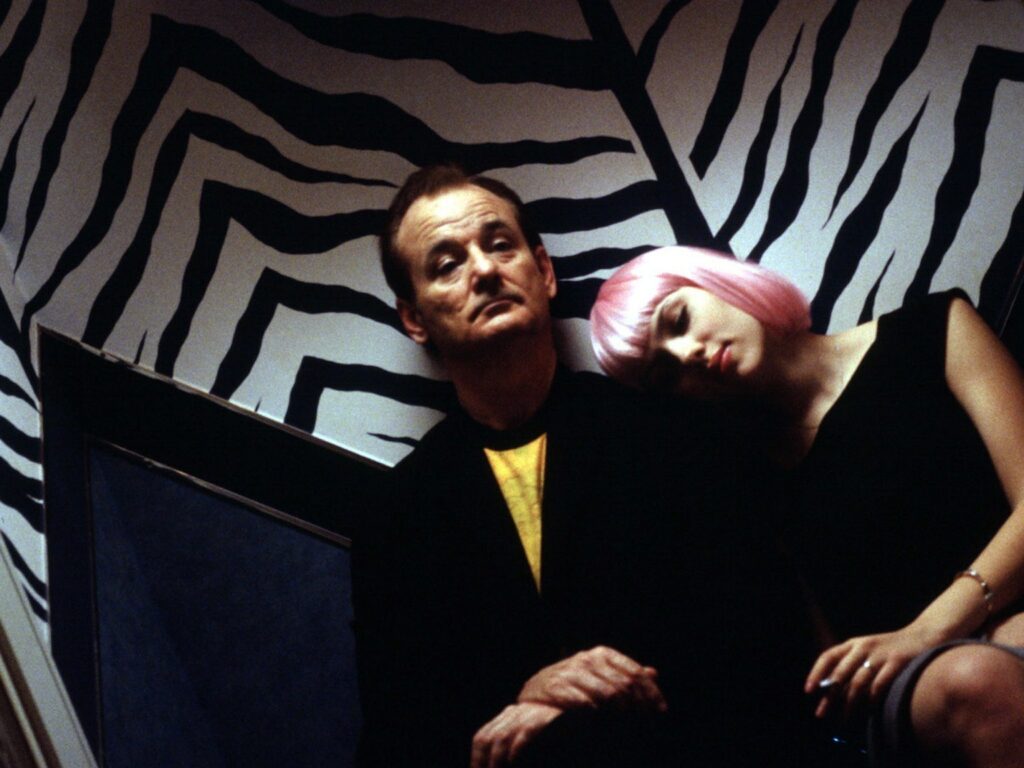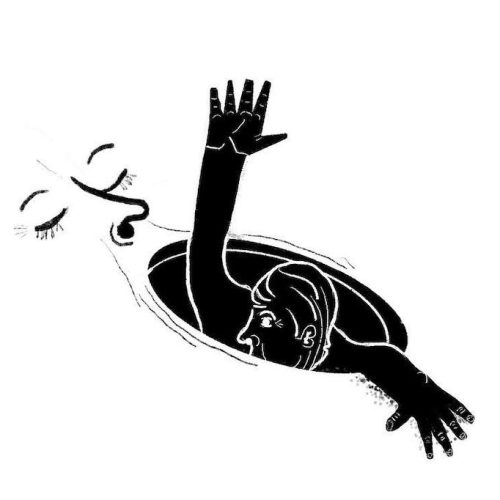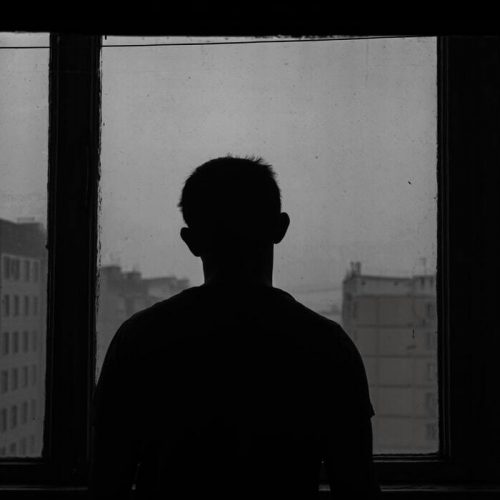Millennials have been subject to staggering backlash over the years, mostly at the hands of Baby Boomers. They’ve been blamed for everything from killing the diamond industry to the soap business. The generation, made of those born between 1981 and 1996, have even faced backlash for the depletion of TV rating for the Olympics.
But from the looks of things, the ‘digital natives’ as American writer Marc Presnky dubbed the generation, have finally exceeded the expectations of the generations that preceded them. A new study conducted by YouGov reports that adults aged 22-37 (yes, 37-year-olds are millennials too), are officially the loneliest segment of society. But not to worry! Researchers at the University of Chicago are developing a pill to cure the problem.
YouGov’s report, which sampled 1,200 adults aged 18 and over found that 30 per cent of millennials constantly feel alone. That’s double the amount of loneliness Baby Boomers reported feeling, with just 20 per cent of Generation Xers reporting the same amount of loneliness.
Not only that, but 25 per cent of millennials reported having no acquaintances at all, 22 per cent reported having no friends, and 27 per cent report not having any close friends. But when it comes to having best friends, the percentage jumps to 30 per cent.
All this considered, it’s no surprise scientists are literally transforming our world into one that’s straight out of a sci-fi movie thanks to a new pill they believe will help lonely people connect. The leading University of Chicago scientist believes a hormone called pregnenolone reduces the feeling of loneliness, helping those who tend to withdraw themselves from others do so by decreasing the sentiment of threat or fear that overcomes them.
“A lonely mind lies to you all the time,” she explained to the Smithsonian. “It’s like when you’re driving in the winter and the visibility is really bad. The idea is that a pill could defrost the windshield for you, and finally you see things as they are, rather than being afraid of everyone. You become more open to listening to others.”
What does this mean for those of us not subscribed to Hot Girl Summer? Summertime Sadness might (finally) cease to exist, despite the persistent popularity of Lana Del Rey’s 2012 hit.









